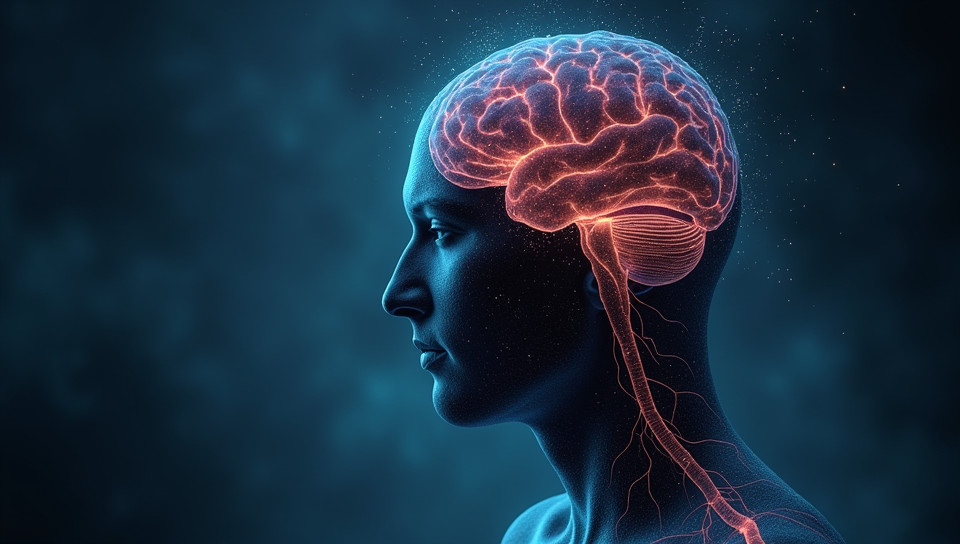Cognitive decline is associated with severe mental health conditions 54%

Cognitive Decline and Mental Health: The Hidden Connection
As we age, our minds can become foggy, making it harder to remember important tasks or learn new information. But cognitive decline is more than just a natural part of getting older. Research has shown that it is often associated with severe mental health conditions, such as depression, anxiety disorders, and even dementia.
What is Cognitive Decline?
Cognitive decline refers to the gradual loss of cognitive abilities, including memory, attention, problem-solving, and language skills. It can affect anyone at any age, but its prevalence increases significantly after the age of 65. Cognitive decline can be caused by a variety of factors, including genetics, lifestyle choices, and medical conditions such as Alzheimer's disease or stroke.
The Connection Between Cognitive Decline and Mental Health
Studies have consistently shown that individuals with severe mental health conditions are at a higher risk of experiencing cognitive decline. For example:
- Memory problems
- Difficulty with concentration and attention
- Confusion and disorientation
- Mood changes, such as depression or anxiety
- Loss of interest in activities once enjoyed
- Difficulty learning new information
The exact mechanism behind this connection is not yet fully understood, but it's believed that chronic stress, inflammation, and neuroplasticity changes play a significant role.
The Impact on Quality of Life
Cognitive decline can have a profound impact on an individual's quality of life. It can lead to:
- Social isolation
- Loss of independence
- Decreased productivity
- Increased risk of accidents and injuries
- Strained relationships with family and friends
Furthermore, cognitive decline can also increase the risk of other mental health conditions, creating a vicious cycle that can be challenging to break.
Breaking the Cycle: Early Intervention and Prevention
Fortunately, there are steps that can be taken to reduce the risk of cognitive decline and its associated mental health conditions. These include:
- Regular exercise
- Social engagement
- Cognitive training
- Stress management techniques
- Adequate sleep and nutrition
By prioritizing our mental and physical health, we can take proactive steps towards maintaining a healthy brain and reducing the risk of cognitive decline.
Conclusion
Cognitive decline is not just a natural part of aging; it's often associated with severe mental health conditions. By understanding this connection, we can take steps to prioritize our brain health and reduce the risk of cognitive decline. Early intervention and prevention are key, and by making informed lifestyle choices, we can break the cycle of cognitive decline and maintain a healthy, happy mind for years to come.
- Created by: Ambre Moreau
- Created at: Oct. 13, 2024, 7:47 p.m.
- ID: 12487







